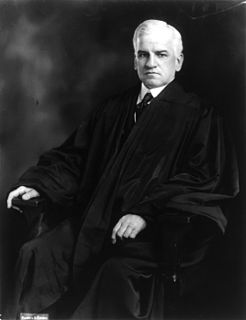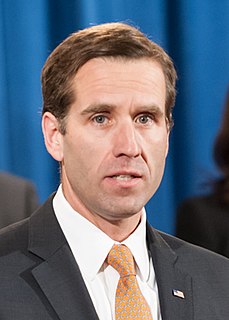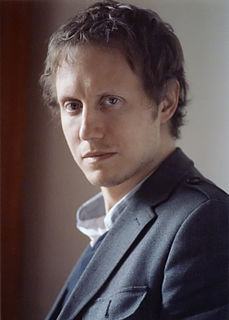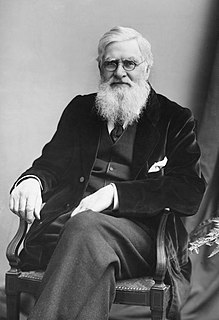A Quote by Jacques Ellul
Our civilization is first and foremost a civilization of means; in the reality of modern life, the means, it would seem, are more important than the ends.
Related Quotes
Togetherness, for me, means teamwork. It makes us reflect how completely dependent we are upon one another in our social and commercial life. The more diversified our labors and interests have become in the modern world, the more surely need to integrate our efforts to justify our individual selves and our civilization.
I would not like to draw analogies, with the past.Governments, leaders, intellectuals, mainly intellectuals who should know the ethical dimensions, are so important, so essential to culture, religion, to civilization, and to our own lives. And that means what? It means not to be indifferent, not to stand idly by. That is a biblical commandment that we are committed.
In the 17 years since I graduated from this great College of Law, I have seen that, for many of us, it becomes increasingly easy to rationalize our actions in the name of expediency when facing difficult decisions-to choose a path where the ends justify the means. I want to ask you to challenge Machiavelli's philosophy. I want to humbly suggest that you be the guardians of a more complicated truth: that the means are as important-and sometimes even more important-than the ends.
The Socratic maxim that the recognition of our ignorance is the beginning of wisdom has profound significance for our understanding of society. Most of the advantages of social life, especially in the more advanced forms that we call "civilization" rest on the fact that the individual benefits from more knowledge than he is aware of. It might be said that civilization begins when the individual in the pursuit of his ends can make use of more knowledge than he has himself acquired and when he can transcend the boundaries of his ignorance by profiting from knowledge he does not himself possess.
No civilization would ever have been possible without a framework of stability, to provide the wherein for the flux of change. Foremost among the stabilizing factors, more enduring than customs, manners and traditions, are the legal systems that regulate our life in the world and our daily affairs with each other.
The world's most 'primitive' people have few possessions, but they are not poor. Poverty is not a certain small amount of goods, nor is it just a relation between means and ends; above all it is a relation between people. Poverty is a social status. As such it is the invention of civilization. It has grown with civilization, at once as an invidious distinction between classes and more importantly as a tributary relation.
In most cases, to be reasonable means not to be obstinate, which in turn points to conformity with reality as it is. The principle of adjustment is taken for granted. When the idea of reason was conceived, it was intended to achieve more than the mere regulation of the relation between means and ends: it was regarded as the instrument for understanding the ends, for determining them.
In one of my latest conversations with Darwin he expressed himself very gloomily on the future of humanity, on the ground that in our modern civilization natural selection had no play, and the fittest did not survive. Those who succeed in the race for wealth are by no means the best or the most intelligent, and it is notorious that our population is more largely renewed in each generation from the lower than from the middle and upper classes.
Yoga is as old and traditional as civilization, yet it persists in modern society as a means to achieving essential vitality. But yoga demands that we develop not only strength in body but attention and awareness in mind.The yogi knows that the physical body is not only the temple for our soul but the means by which we embark on the inward journey toward the core.









































